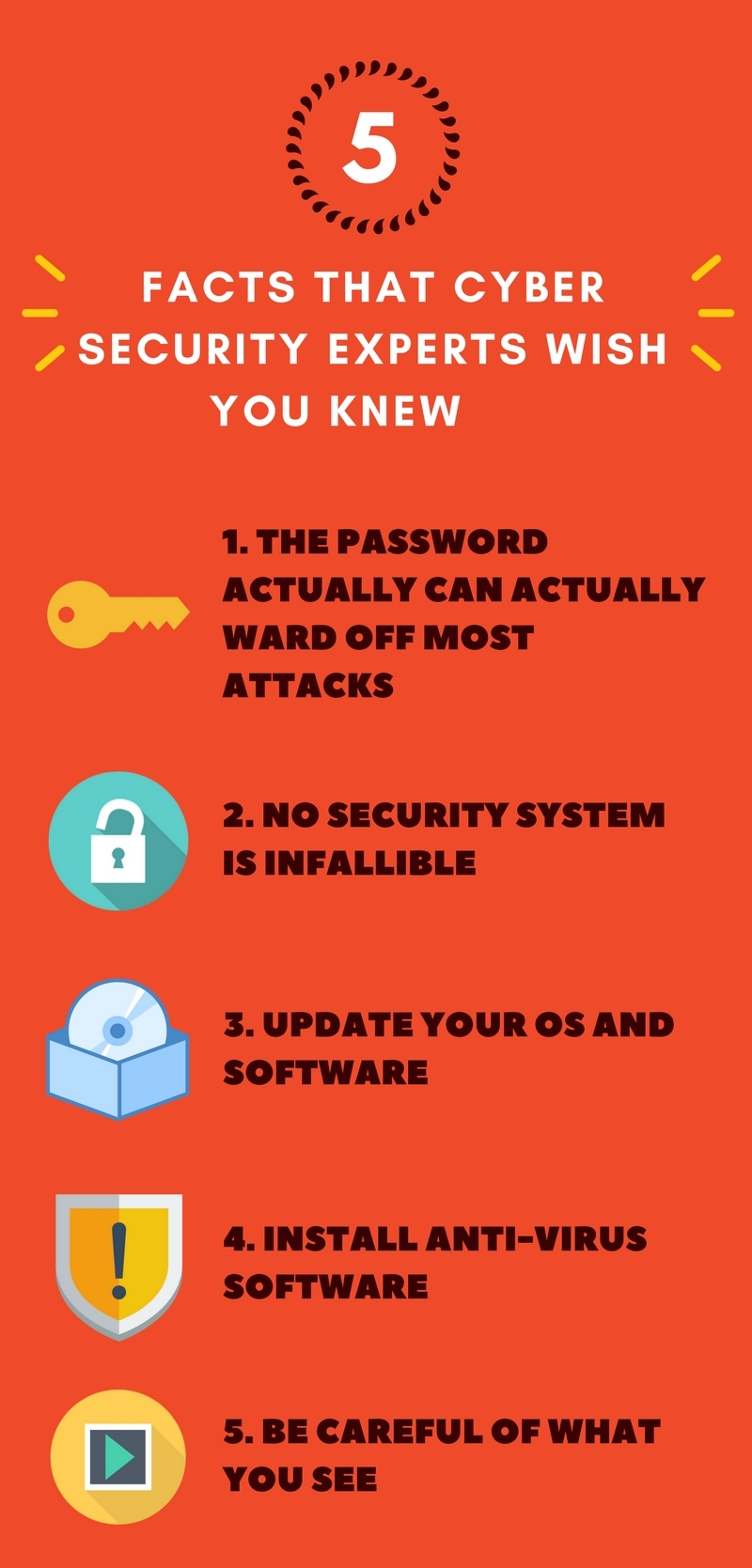There is an interesting contradiction to the way we view computer security. While most of us believe that there is a malicious attack just around the corner, few of us actually go about doing anything about it. Despite the reams of information published on the web, we don’t really know what we should focus on.
In fact, the fears of cyber attacks have become almost mythical. We are inundated with social media messages on imminent attacks. The attacking virus/hackers are the cyber super-villains who can decimate anything — from our PC to a heavily-fortressed government intelligence service. As a result, the fears have become bigger than reality.
In fact, the fear has become counter-productive. In common imagination, so imminent and omniscient is the attacker that investing any security apparatus will eventually fail!
But what do experts really think about this? How can we separate the hysteria from genuine concerns? What should be our immediate concern and what needs a long-time investment? We asked a few experts to tell us what they wished the general public knew about cyber security.
1. The password actually can ward off most attacks
The passwords are there for a reason. Although we understand that, most of us see this as a mere door, easily opened. The problem is that we read only about the very severe cyber attacks were complicated hacks have ripped open tough security measures. As a result, we think that the ubiquitous essential passwords must be inadequate.
But the truth is that passwords are more like locks and a strong one is pretty adequate in staving off most cyber attacks. While it is true that even this may not save you from top-level hacks, keep in mind that top-level hacks rarely attack the average joe! However, certain data, like financial data, can be exposed to theft. So, it’s important that you follow this very basic of cyber security. Best of all, it won’t cost you a dime!
There are some simple ways to strengthen your password:
– Mix it up: Instead of the easy-to-remember generic password, keep it complicated. Use uppercase and lowercase alphabets, numbers and special characters.
– Keep it at least eight characters long
– Keep it different: With a password for everything, it can hard to remember them all. So, we keep the same password for everything, from the ATM to the email. This just makes it easier for someone to access all our information. So, think of a different password. For easy recall, note down your password and keep the hard copy somewhere safe, not on your computer, tab or phone (which are probably all connected)
– Use a password manager to create unique passwords.
– Opt for second-factor authentication for an extra barrier.
2. No security system is infallible
Many of us think that a top-notch software or network is infallible. Some buy expensive security software, while some buy the latest device thinking that the latest must be built like the Fort Knox. But this is almost never the case. The truth is that top Software Development companies do spend a lot to secure their software, but making one that is completely impermeable is simply not possible. No matter how good your developer at your firm and how good you provide software testing services, there will be some bug left in the software. All the hacker has to do is find one chink. The truth is that getting in is a matter of ‘when’ not ‘if’. Given enough time and resources, a good hacker can break into any software in the world.
3. Update your OS and software
The people most likely to worry about your cyber security are the people who design the software — the OS. This is why most companies are constantly trying to find bugs and remove them. In fact, they spend millions on this. All you have to do is update your OS and various software are running on it. To make it simpler, you will even get reminders to do so!
4. Install anti-virus software
Yes, we said that no software is foolproof. But some are designed to weed out as many malicious attacks as possible. So, it pays to pay someone who is doing this for you. This is especially important if you are a Windows user.
5. Be careful of what you see
Given the constant messages on suspicious malware in our emails and websites, you would think that people won’t click on any random button they see. Unfortunately, that is rarely the case. There are few basic rules here: if your email looks suspicious, just delete it. If you see suspicious links to downloads, avoid them. In short, never open or download anything that seems remotely suspicious! In this case, it is better to be paranoid than not!


